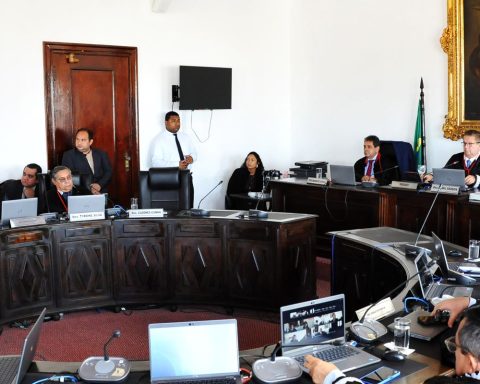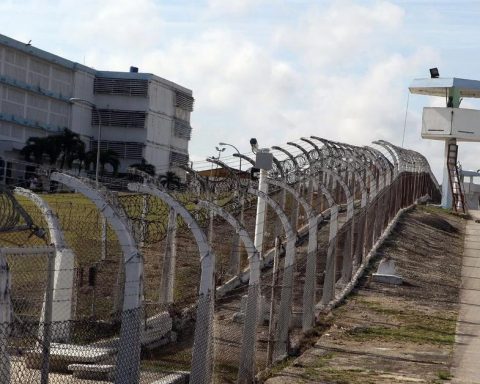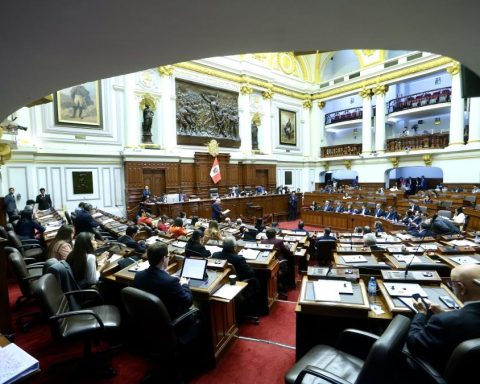The former attorney general of the Union and appointed by President Jair Bolsonaro to a vacancy in the Federal Supreme Court (STF), André Mendonça, defended this Wednesday by the Senate Committee on Constitution and Justice (CCJ) ), democracy and the secular state. “In life, the Bible. In the Supreme Court, the Constitution”, highlighted Mendonça. “It is important to emphasize my defense of the secular state. The Presbyterian church to which I belong, one of the many evangelical churches in our country, was born in the context of the Protestant Reformation. Secularity is neutrality, non-harassment and non-granting of privileges by the state in relation to a specific creed”, he added.
To senators, in his opening speech today, Mendonça also pledged to defend democracy and “respect democratic institutions, especially independence and harmony between the powers of the Republic.” He stated that he understood that the Judiciary “must act as a pacifying agent for social conflicts and guarantor of the legitimate performance of other powers, without undue activism or interference”.
“The self-moderation of the Judiciary is a logical corollary of the democratic rule of law principle itself. In this way, I affirm my commitment to respect the decisions and actions of both the Legislative and the Executive Branches, whenever adopted in the regular exercise of their attributions and according to the Constitution”, he affirmed.
Another issue raised by him was the impartiality of the judge. “A judge is not an accuser, and an accuser is not a judge.” “I understand that the judiciary must act as a pacifying agent for social conflicts and guarantor of the legitimate performance of other powers, without undue activism or interference with them,” he said.
André Mendonça also told the senators that, if approved by the Senate to join the Supreme Court, he will act impartially in his decisions and votes in the STF. “I will give equal and impartial treatment to all parties, whether State or private, prosecution or accused, government or opposition, rich or poor, men or women, as well as people of any sexual orientation. Therefore, my commitment to the Democratic State, Justice and the impartial application of the law are non-negotiable,” he said.
Opening of inquiries
Mendonça denied that, during his role as Minister of Justice, he had acted “with the intention of harassing or intimidating” by requesting the opening of inquiries against critics of the President of the Republic, based on the former National Security Law (LSN). On the subject, Mendonça assessed that not calling the Federal Police to investigate would be “prevarication”.
Still in Mendonça’s view, the repeal of the LSN by Congress happened “at a good time”. Even so, he justified his conduct when Minister of Justice, pointing out that the law was in force and that “the Supreme Court applied it to specific cases.”
Report
Mendonça’s nomination for the vacancy left by the retirement of minister Marco Aurélio Mello was stopped at the CCJ for more than four months. The president of the collegiate, Davi Alcolumbre (DEM-AP), refused to guide the nomination without publicly explaining his reasons. Appointed by Alcolumbre to report the nomination, senator Eliziane Gama (Cidadania-MA), who like Mendonça is an evangelical, said that the hearing would serve to overcome prejudices against evangelicals, “many of them artificial and reinforced by the biased speeches” of President Jair Bolsonaro .
With a report favorable to the nominee, Gama declared before today’s hearing that he believes in a “quiet” approval of the former AGU both in the commission, where he needs a simple majority of the votes of those present, and in the plenary, where he needs to have at least 41 votes out of the 81 votes to be approved. Both votes are secret. The expectation is that the hearing will extend into today’s afternoon. Each senator has 10 minutes for an argument and another five minutes for a rebuttal and rejoinder.

















